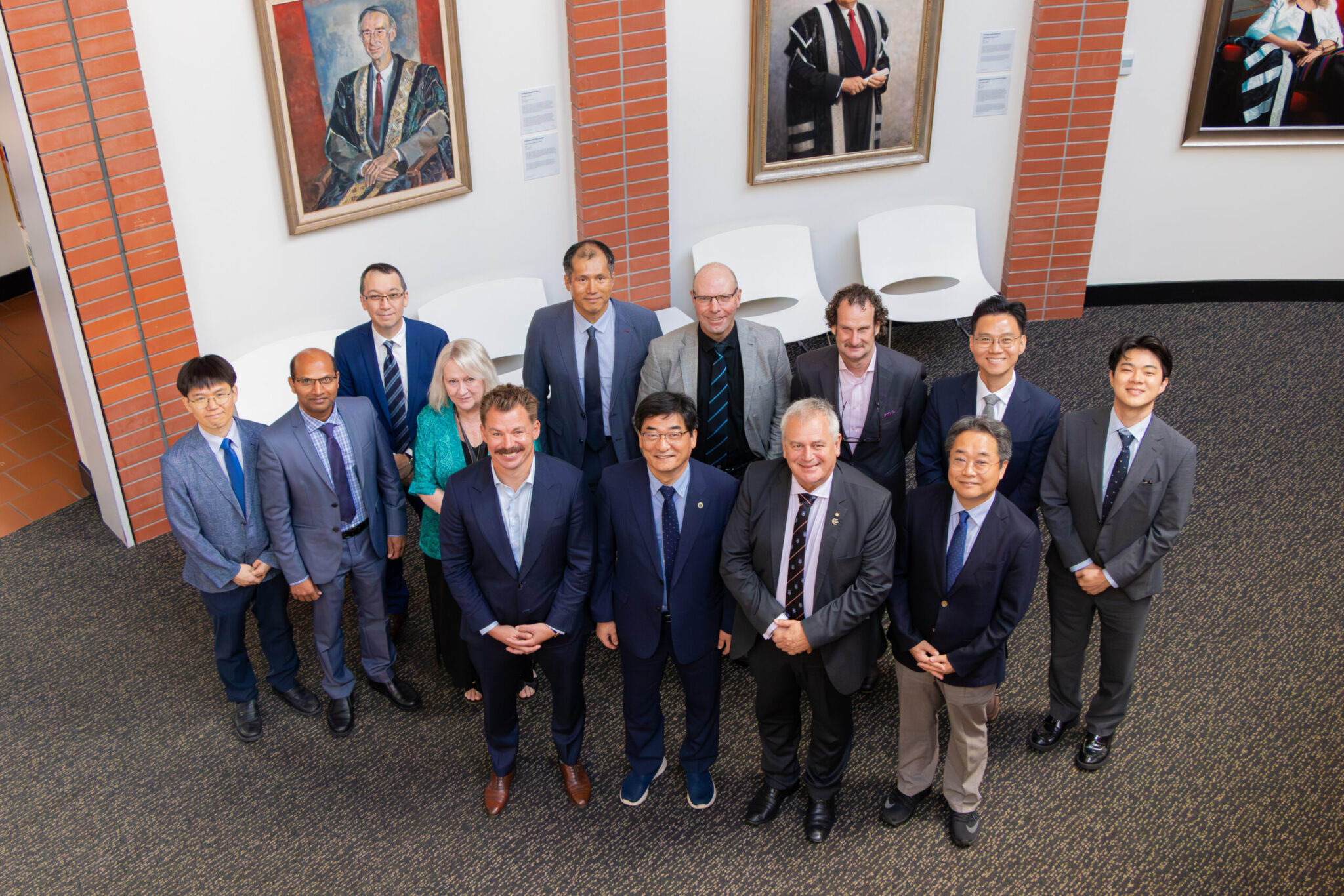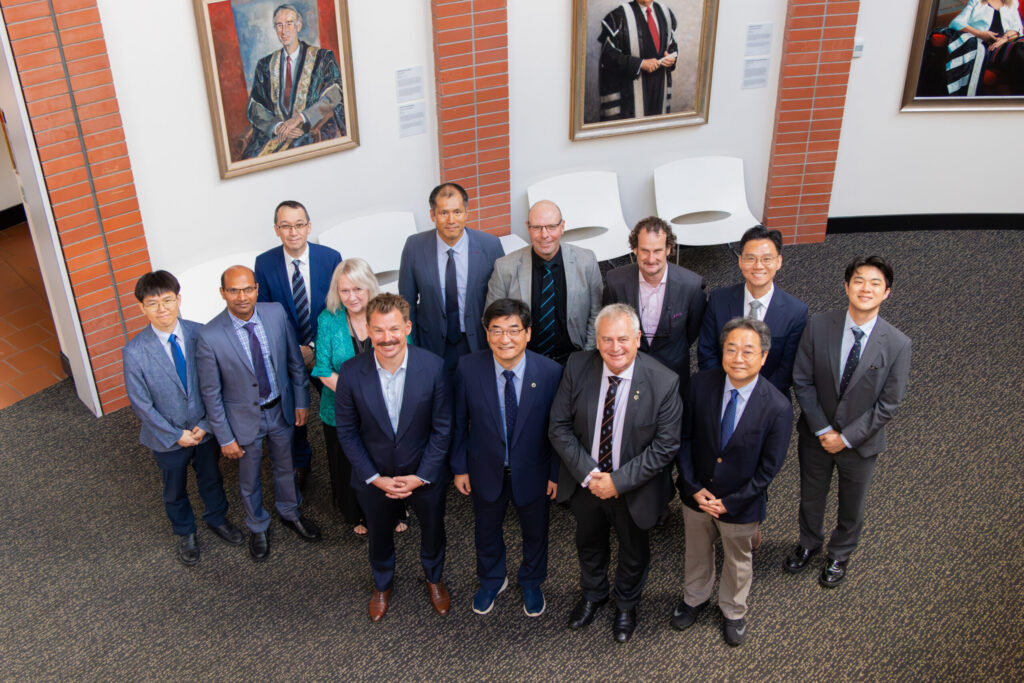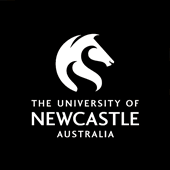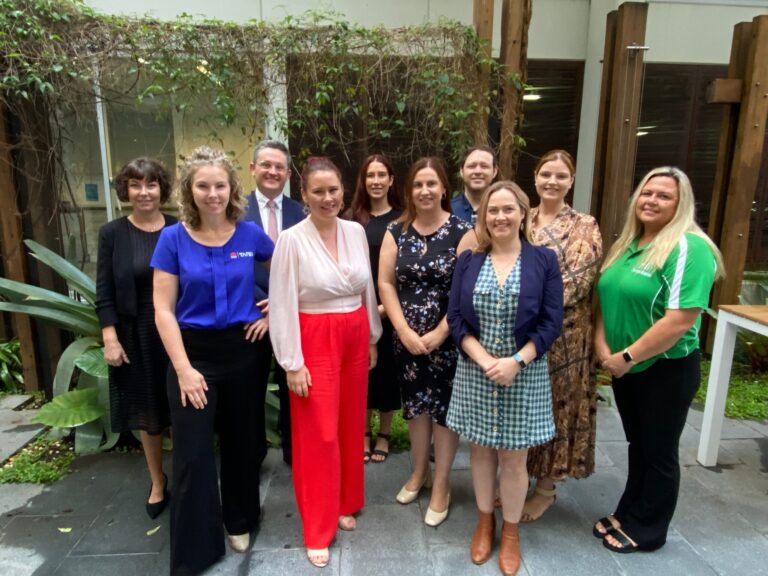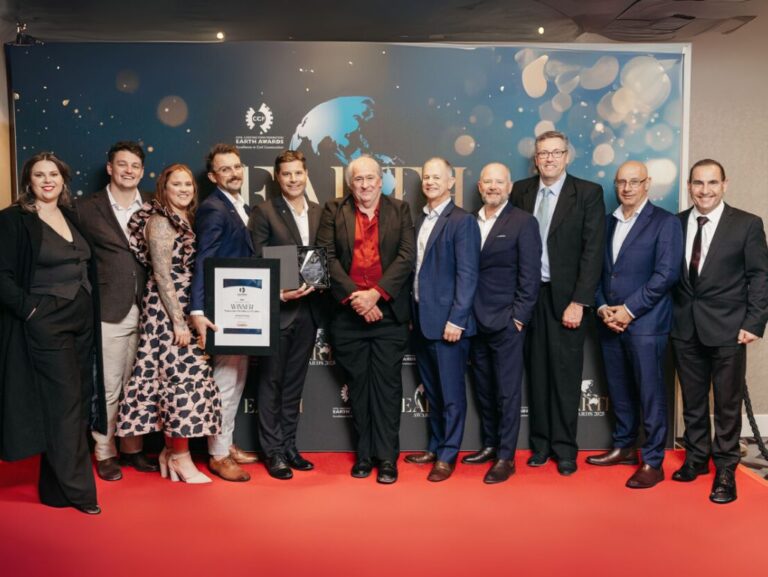The University of Newcastle and Port of Newcastle have signed a tripartite agreement with Pusan National University in the Republic of Korea that will see the development of a collaborative research centre for green ammonia power generation.
The project is funded by the National Research Foundation of Korea and includes a $1.3 million commitment over a five-year period, which will be utilised for both education and research, and the establishment of a research centre at Port of Newcastle.
University of Newcastle Vice-Chancellor, Professor Alex Zelinsky explained that the partnership will enhance research in clean energy locally, which will make a global impact on net zero emissions.
“Our University is committed to discovering local research solutions to national and global problems,” Alex said.
“Our region is ideally placed to tackle clean energy solutions and we’re proud to partner with Port of Newcastle and Pusan National University to grow new industries for our region and develop new clean energy technologies.
“Sustainability is a core value of our University and our track record through NIER and the Global Innovative Centre for Advanced Nanomaterials (GICAN), shows we have the innovation capabilities and the know-how to work with our partners on research to deliver real-world solutions.
“We’re excited by the opportunities this partnership will also create for our students to collaborate on clean energy projects and gain hands-on-experience with industry to become work-ready graduates.”
An additional key driver for the tripartite agreement is the opportunity to partner with Port of Newcastle to enhance commercialisation opportunities and develop the export of green ammonia from Newcastle to the Republic of Korea.
Port of Newcastle CEO, Craig Carmody said that the partnership will further support the establishment of the Port’s Clean Energy Precinct, a once in a generation project which is the centrepiece of the Port’s future diversification strategy.
“We are standing at the forefront of the development of a new industry. Partnerships, both local and international, which bring together knowledge, infrastructure, investment, skills and resources, will be critical in the establishment and scale-up of a domestic clean energy economy and export trade pathway at Port of Newcastle,” Craig said.
“This partnership will play a central role in the Port of Newcastle cargo diversification strategy. We will provide and support not only within this Port, but throughout the Hunter Region.
“Creating a place for local, Australian and international commercial expertise and research knowledge to work collaboratively, ensures Newcastle and the Hunter remains Australia’s energy powerhouse.”
The five-year partnership between the University of Newcastle, Pusan National University and Port of Newcastle aims to enhance the collaboration between Australia and the Republic of Korea to drive increased adoption of low and zero emissions technologies.
IMAGE | MOU University of Newcastle, Port of Newcastle and Pusan National University – Signing group.

